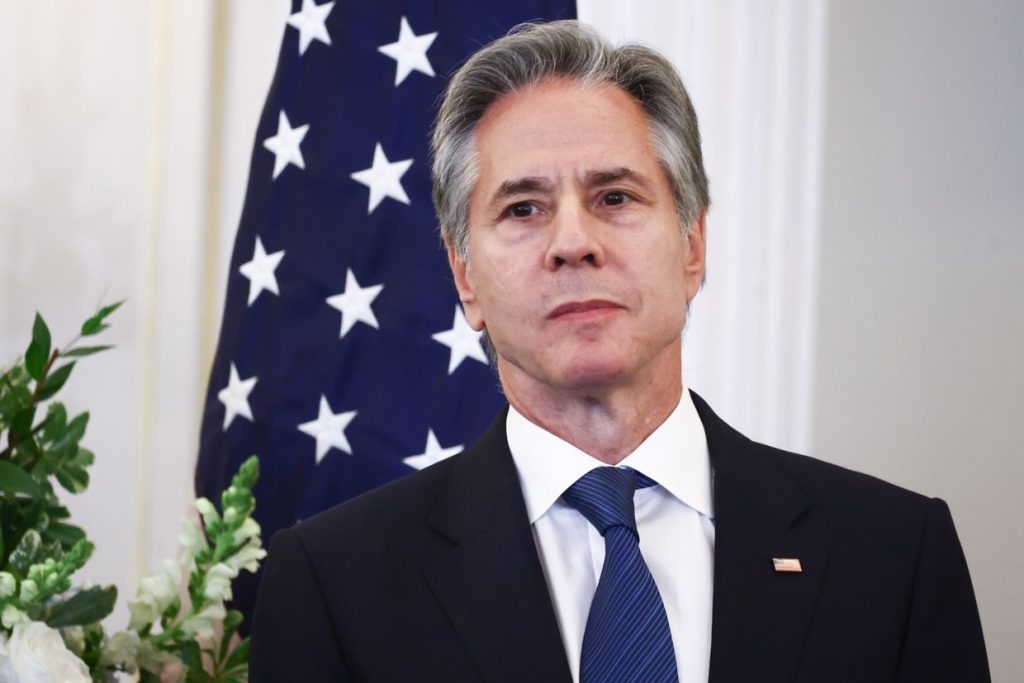U.S. Secretary of State Antony Blinken met with Chinese Foreign Minister Wang Yi on Sept. 27 and expressed deep concerns over China’s support for Russia’s defense industry. Blinken criticized China for claiming to seek peace in Ukraine while materially supporting Russia with essential components for its military equipment. He highlighted that a significant portion of machine tools and microelectronics being imported by Russia come from China and Hong Kong, enabling Moscow to continue its aggression in Ukraine. Blinken emphasized the incongruity of China’s stance on peace in Ukraine while aiding Russia in its military endeavors.
During the meeting, Blinken also addressed China’s actions in the South China Sea, describing them as “dangerous and destabilizing.” He stressed the importance of improved communication between the U.S. and Chinese militaries to prevent misunderstandings or conflicts in the region. Additionally, Blinken and Wang discussed strategies to combat drug trafficking into the U.S. and the potential risks associated with artificial intelligence. The meeting showcased the ongoing tensions between the U.S. and China, with Blinken highlighting specific areas of concern related to security and international relations.
In response to Blinken’s criticism, Wang Yi reiterated China’s position on the war in Ukraine, emphasizing the country’s commitment to peace through dialogue and negotiations. China’s foreign ministry released a statement outlining Wang’s position on the conflict, indicating that Beijing aims to facilitate peaceful resolution through diplomatic means. Despite Blinken’s concerns over China’s support for Russia’s defense industry, Wang reaffirmed China’s commitment to promoting peace and stability in the region, underscoring the importance of dialogue and diplomacy in resolving international conflicts.
The meeting between Blinken and Wang also touched upon the issue of curbing the flow of drugs into the U.S. and addressing the risks of artificial intelligence. This broader discussion reflects the multifaceted nature of U.S.-China relations, encompassing security, economic, and technological concerns. The dialogue between the two countries underscores the complexities of their relationship and the need for ongoing communication and cooperation on various global issues. Both sides have expressed their respective positions on key issues, illustrating the challenges and opportunities present in the U.S.-China bilateral relationship.
Overall, the meeting between Blinken and Wang highlighted the ongoing tensions between the U.S. and China, particularly in relation to Russia’s aggression in Ukraine and China’s support for Moscow’s defense industry. The discussion encompassed various aspects of U.S.-China relations, including security, military cooperation, and efforts to combat transnational threats like drug trafficking. Despite their differences, both parties reiterated their commitment to peaceful resolution and dialogue in addressing international conflicts. The meeting served as a platform for expressing concerns, exchanging views, and exploring potential areas of collaboration between the U.S. and China in the future.


